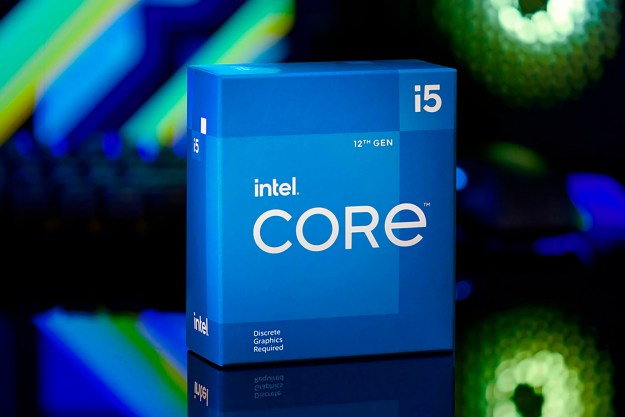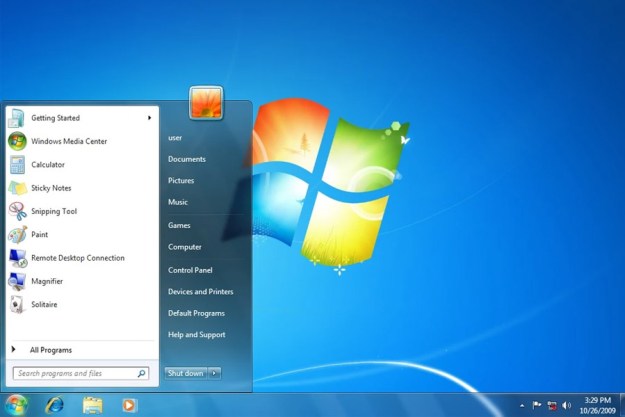
Microsoft has an awful lot riding on Windows 7 after the debacle that was Vista. But, good as it might be, not everyone is going to want it. They might well want XP or even (say it softly) miss Vista. For them, the company is extending the period of time in which they can downgrade the new OS from six to 18 months for those who buy it already installed on a machine. That’s from when Windows 7 ships in October, not from when the computer is purchased.
However, there are conditions. It will only apply to two versions of Windows 7; those with Windows 7 Professional can migrate to Windows Vista Business or Windows XP Professional, or from Windows 7 Ultimate to Windows Vista Ultimate or Windows XP Professional, according to Redmond Channel Partner. However, the 18-month period will only apply unless a service pack is issued. Then all bets are off.
Volume license owners will have the usual right to downgrade to any version.
Editors' Recommendations
- Scores of people are downgrading back to Windows 10
- 7 beloved Windows apps that Microsoft has killed over the years
- Need a cheap Windows laptop? This 14-inch HP is $169 right now
- 7 key settings in macOS Sonoma you should change right now
- Windows 11 is turning into Windows 12 right in front of us



